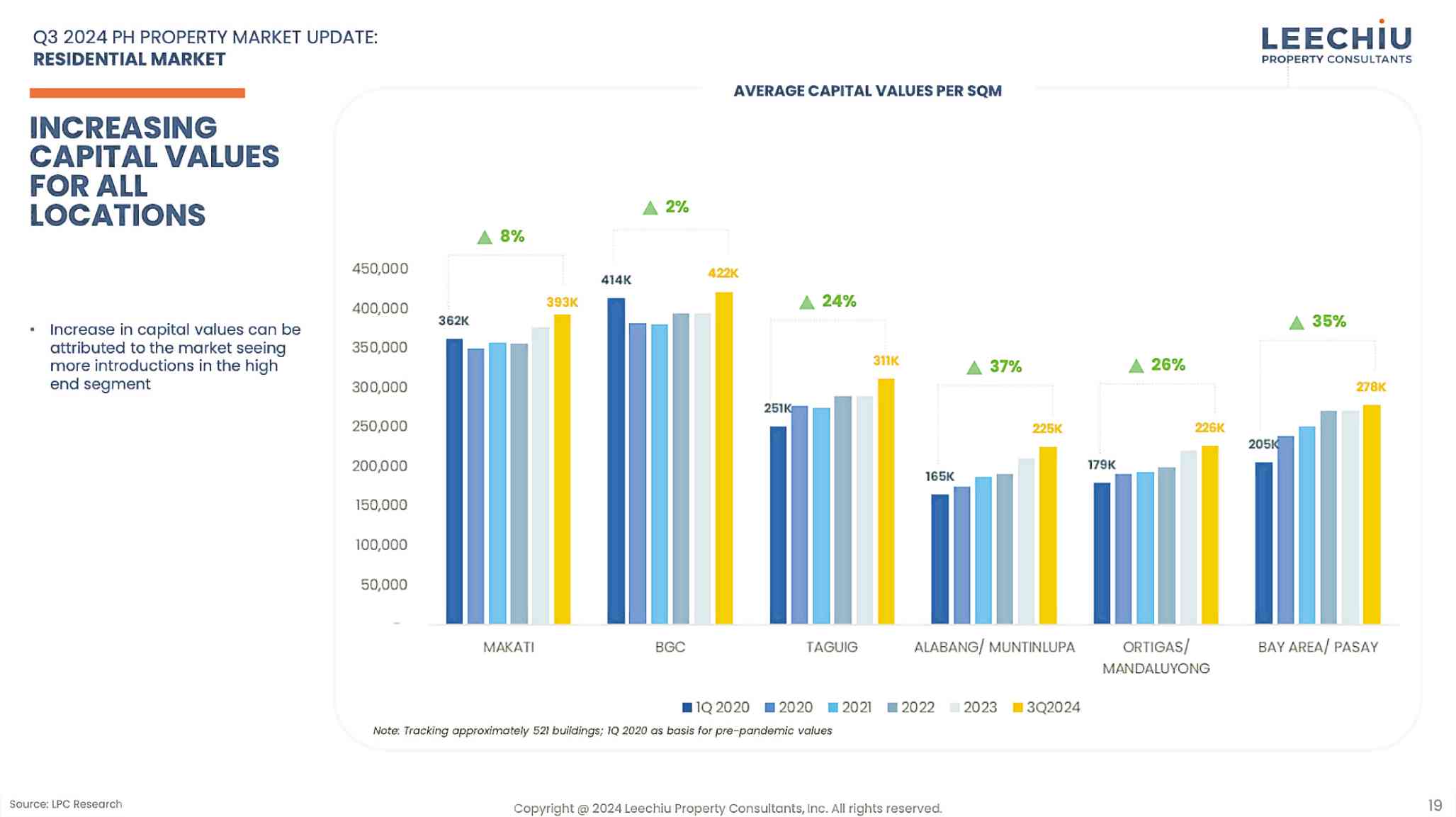High stakes: Real estate lessons from the POGO experience
Real estate has long been viewed as a safe and low-risk investment with strong potential returns on capital over the long run. As a tangible asset, it offers versatility—generating cash flow if rented out or leveraged as collateral for loans.
Nevertheless, like any investment, real estate comes with risks.
POGO ban
A stark example is the impact of the recent ban on Philippine offshore gaming operators (POGOs).
Many residential property owners were enticed by the lucrative rental rates offered by POGO tenants. It wasn’t uncommon for landlords to receive a full year’s rent in advance, sometimes even more. The appeal of quick, high returns drew many into renting their units to POGO employees and companies.
However, when the POGO industry declined during the pandemic, some landlords found themselves in dire straits. Those who had taken out home loans and depended on POGO rental income faced foreclosure as their properties became vacant due to the disruption of rental income. Others incurred large expenses to renovate units left in disrepair after POGO tenants vacated, or worse, abandoned the units.
So what can we learn from this?
A safe bet
Buying real estate for end-use is a safe bet. Purchasing property for personal use can be a smart move, provided careful planning is involved, because real estate typically appreciates over time.
It also serves as a hedge against inflation, as rental rates often rise along with it. This long term value makes real estate a solid choice for end-use purposes.
However, investing in real estate for rental income requires strategy. Here are some important guidelines.
Budget and amortization
Establishing a realistic budget is essential, especially if financing the property with a bank loan. Make sure you can comfortably cover the monthly mortgage payments even if the unit is vacant.
Note that bank interest rates may fluctuate, so be ready for changes in your amortization. In addition to the mortgage, factor in real estate taxes, property insurance, association dues, and income taxes.
Know your target tenant
Defining your ideal tenant will help determine the location and type of property to invest in.
For example, if you’re targeting students of Ateneo de Manila, consider buying a condominium unit in the Katipunan area. If you’re looking to rent to expatriates, properties in Makati or Bonifacio Global City (BGC) are better suited. The right tenant influences not only the rental income but also the time and effort spent on property management.
Consider property management
Property management is integral to owning a rental unit. The upkeep and maintenance of a unit are crucial for preserving its value and ensuring capital appreciation.
Absentee landlords, in particular, may struggle with day-to-day management. Hiring a property manager or having a reliable system in place will help you handle repairs, tenant issues, and other management tasks efficiently.
Understand the tax implications
Rental income classifies the property as an ordinary asset, making you liable for income tax and potentially value-added tax (VAT). Selling the property will also be subject to VAT rather than capital gains tax. It’s important to assess the tax implications of owning a rental property to avoid unpleasant surprises.
Conduct due diligence
Recent events in the real estate market have highlighted the importance of due diligence and foresight in real estate investment.
While the promise of high returns can be tempting, smart investors need to balance potential gains with long term stability. Understanding your financial limits, identifying your ideal tenant, maintaining the property, and considering taxes will help ensure your real estate investment stands the test of time—even through industry disruptions and market fluctuations.
Whether you’re seeking a family home or a profitable investment property, remember that a well-informed strategy is key to achieving your real estate goals. Partnering with a trusted real estate advisor can provide you valuable guidance and support throughout the investment process.
The author is the director for Residential Sales and Leasing of Leechiu Property Consultants Inc. (LPC)

